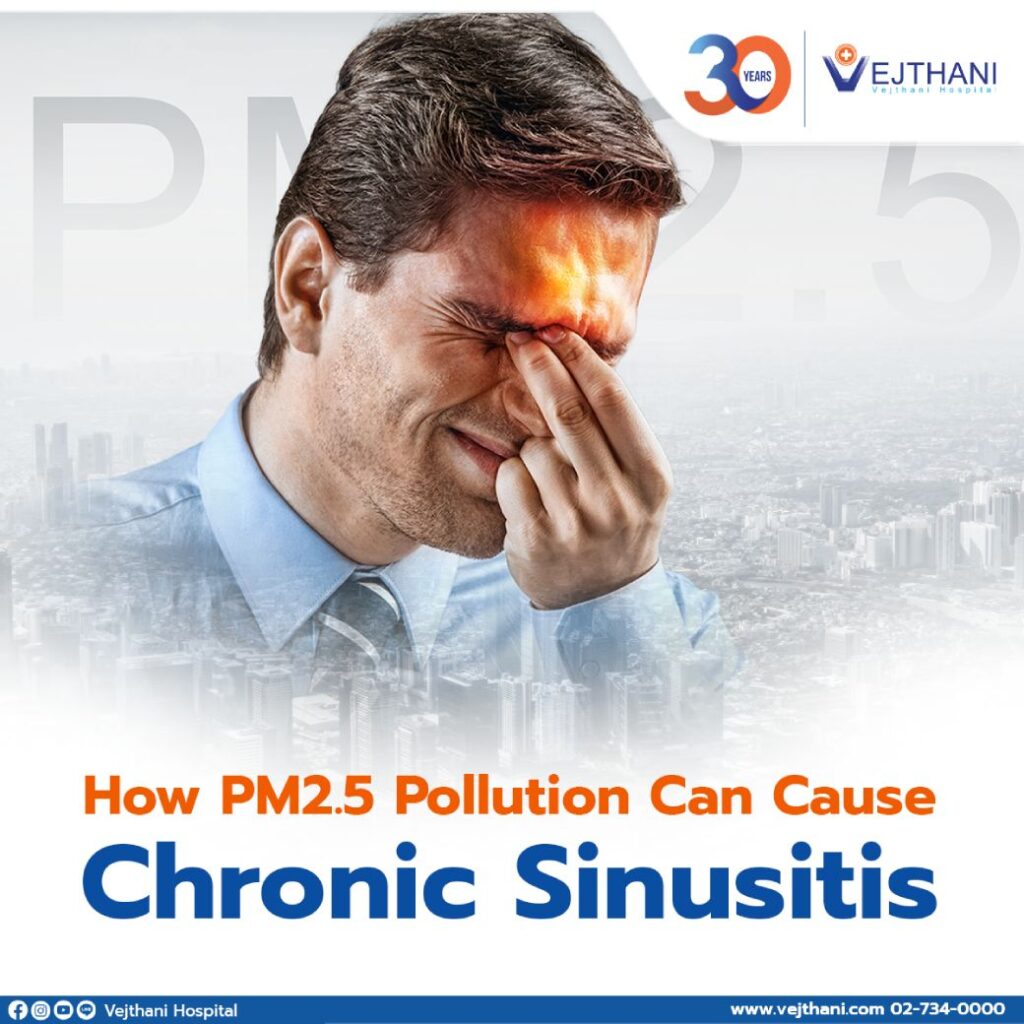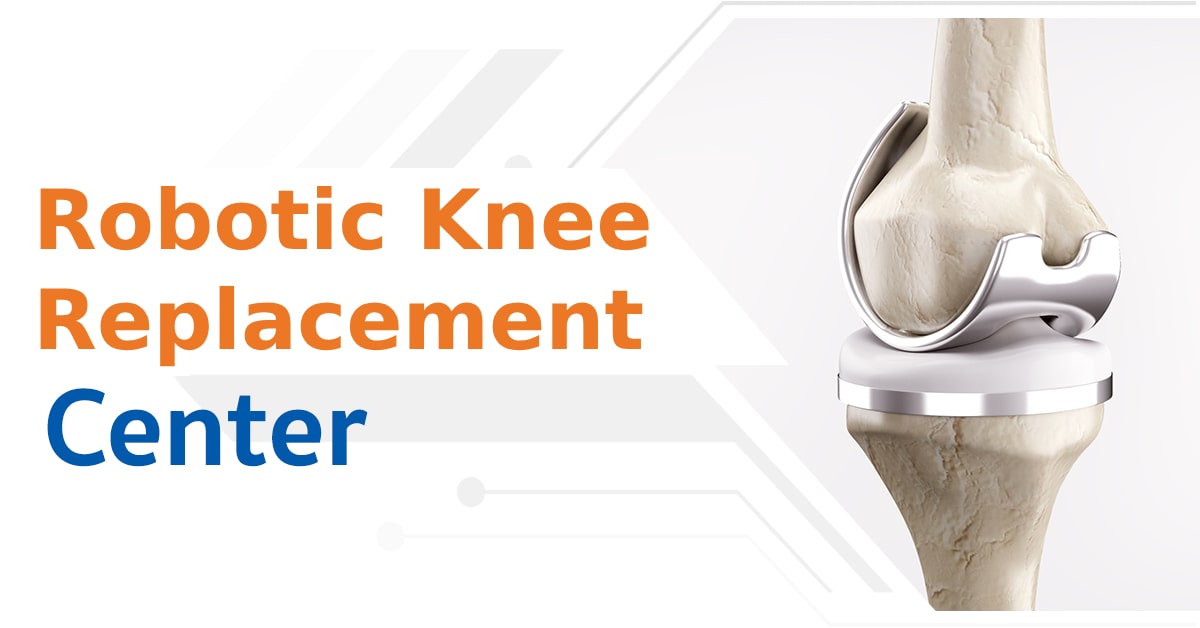

While PM2.5 air pollution is a growing health concern, chronic sinusitis often goes unnoticed as a significant consequence.
Sinusitis is a chronic inflammation of the sinus cavities, resulting in symptoms like stuffy nose, runny nose, facial pain, and a decreased sense of smell. Individuals with weakened immune systems, allergies, or prolonged exposure to air pollution are at a higher risk of developing chronic sinusitis.
PM2.5 are fine dust particles with a diameter between 0.1 and 2.5 microns. They can enter the respiratory system and lodge in the lungs, causing respiratory symptoms like coughing, chest tightness, shortness of breath, and even panting.
Numerous clinical studies have linked PM2.5 exposure to chronic sinusitis. The primary mechanism is the irritation of the nasal mucosa and sinuses by PM2.5 dust particles. This irritation leads to swelling, nasal congestion, and runny nose.
PM2.5 dust poses additional health risks beyond chronic sinusitis:
- Weaken the immune system: This makes the body more susceptible to infections.
- Trigger chronic inflammation: This can negatively impact various systems in the body.
- Increase the risk of other diseases: PM2.5 exposure is linked to an increased risk of heart disease, cerebrovascular disease, and lung cancer.
Preventing PM2.5-Induced Chronic Sinusitis
- Monitor air quality: Stay informed about PM2.5 levels and limit outdoor activities when they are high.
- Wear an effective mask: Wearing an N95 mask can significantly reduce PM2.5 inhalation.
- Practice good hygiene: Wash your hands frequently to prevent the spread of bacteria and viruses.
- Maintain a clean home environment: Minimize indoor dust and allergens by keeping your home clean.
- Prioritize hydration and nutrition: Drinking enough water and consuming nutritious foods support overall health and immune function.
- Engage in regular exercise: Physical activity further strengthens the immune system and promotes overall well-being.
If you experience persistent symptoms suggestive of chronic sinusitis, consulting a doctor is crucial for proper diagnosis. Treatment approaches vary based on the severity, underlying cause, and overall health. Doctors will initially advise non-surgical interventions like nasal steroids and saline nasal sprays. However, if these measures prove ineffective, nasal endoscopic surgery may be considered. This procedure involves opening the sinus cavities to drain accumulated pus and removing inflamed tissue. This approach can significantly improve breathing, reduce symptoms like runny nose and headaches, and enhance your sense of smell, resulting in a significant improvement in your quality of life.
For more information, contact
ENT Center, Vejthani Hospital
Call: (+66)2-734-0000 or Ext. 3400
English Hotline: (+66)8-522 38888
- Readers Rating
- Rated 4.9 stars
4.9 / 5 ( Reviewers) - Spectacular
- Your Rating
























